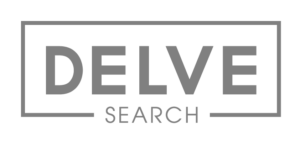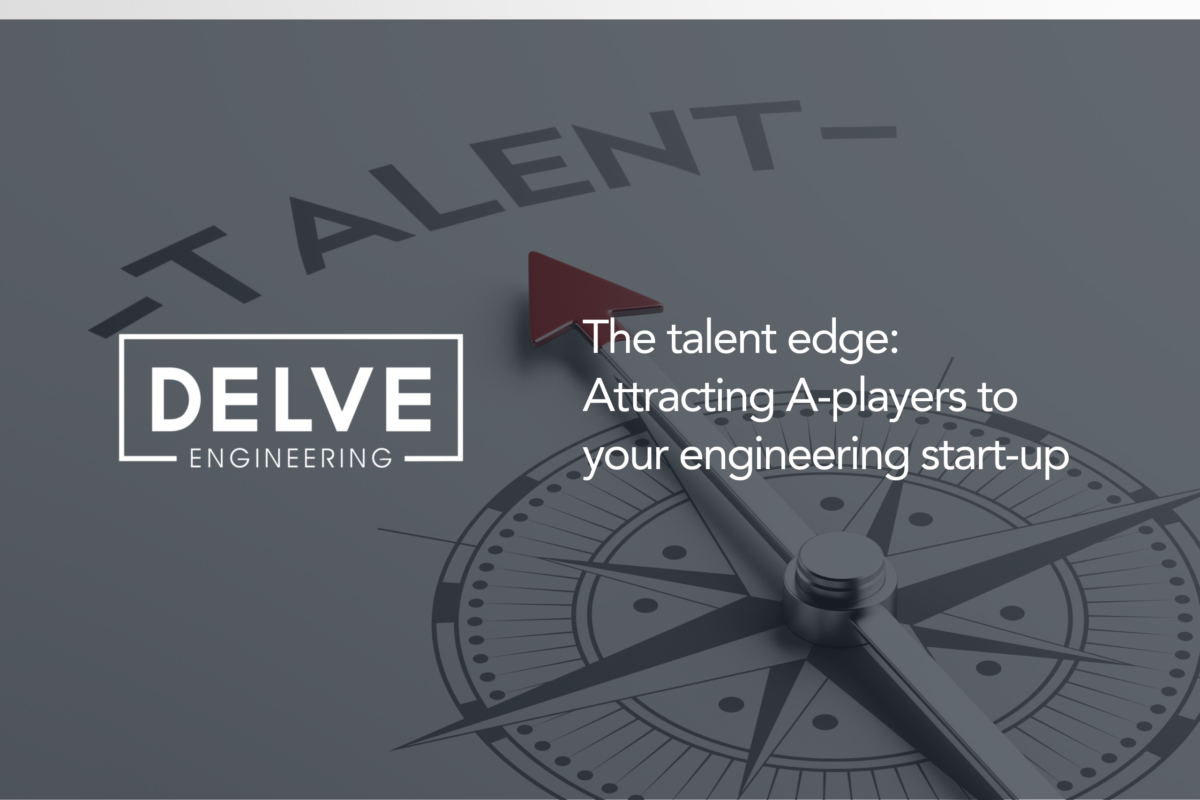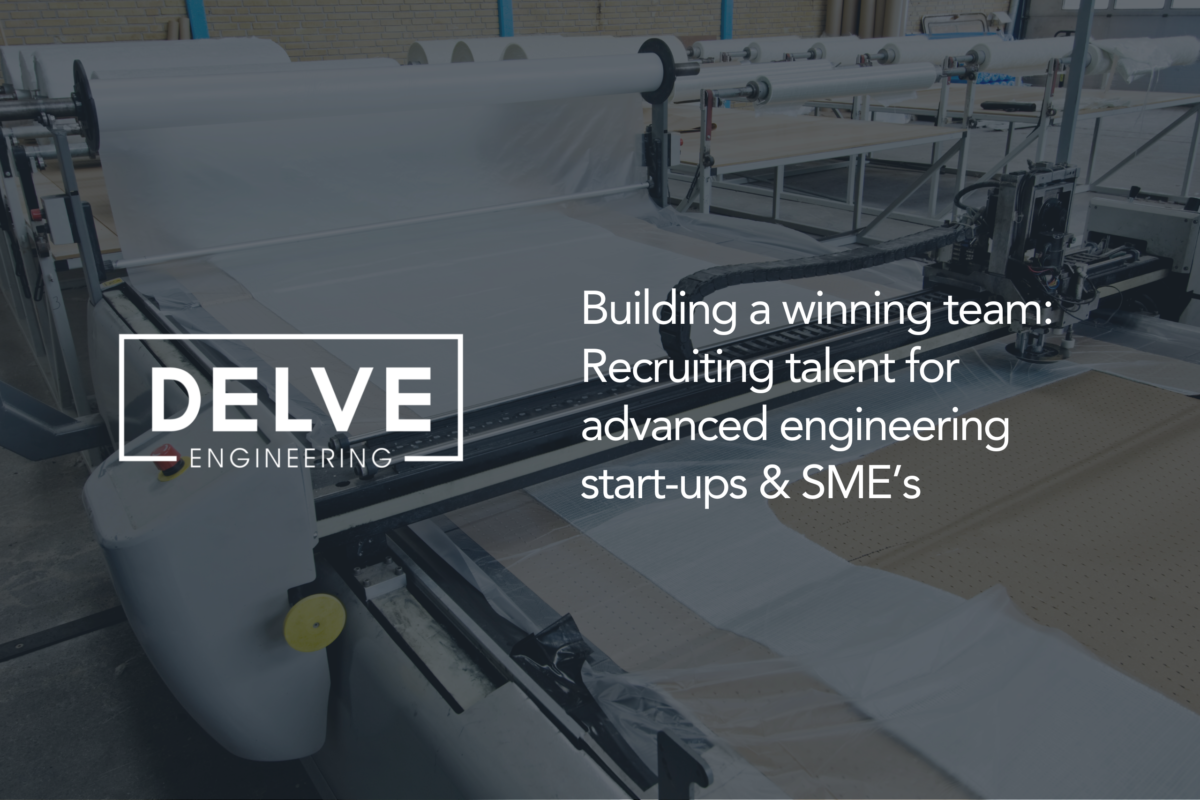
The talent edge: Attracting A-players to your engineering start-up
By Rob Bemment, Managing Director and Head of Advanced Engineering
As a global recruiter specialising in technical talent for cutting-edge start-ups, I’ve backed many visionary teams looking to bring game-changing innovations to market. But even the most brilliant ideas will struggle to get off the ground without world-class engineering firepower.
In today’s hyper-competitive start-up landscape, assembling a formidable core team can spell the difference between realising a revolutionary vision and watching it wither on the vine. The stakes are high – an estimated 90% of start-ups fail, often due to people problems rather than product deficiencies. From unicorn ambitions to niche disruptors, I’ve seen how prioritising elite talent boosts speed, sparks innovation and ultimately accelerates success.
Attracting top-tier technologists to an unproven venture is no easy feat
Start-ups can rarely match established players’ brand cachet and deep pockets, but an artfully crafted pitch can reel in the bold visionaries, problem-solvers and builders who thrive in high-growth environments. Here’s my playbook for start-ups looking to gain an unfair talent advantage.
Frame a compelling vision – Grand missions resonate with talented engineers who want their work to have an outsized impact. Articulate how your solution tackles big, thorny problems in ambitious, inspiring ways. Bonus points for moonshot goals – ambitious engineers want to move needles, not make iterative optimisations.
Foster growth & autonomy – Self-motivated innovators want opportunities for rapid advancement, major ownership over key initiatives, and creative freedom to experiment with cutting-edge approaches. Highlight prospects for meteoric growth trajectories, substantial equity stakes, and the ability to architect solutions from scratch in greenfield environments.
Emphasise learning potential – Top engineering talent craves environments where they’ll be perpetually challenged and can expand their skillsets rapidly. Sell them on exposure to new domains/technologies, complex problem spaces that will stretch their abilities, and elite teammates to accelerate growth.
Promote cultural excitement – Beyond compensation and career trajectories, sellable cultures fuse purpose with energy and adventure. Reinforce why your workplace atmosphere – be it quirky rituals, tight-knit bonds, or a palpable electricity in the air – it’s an electrifying place for top performers.
Offer meaningful roles – A-Players want pivotal, mission-critical responsibilities with direct lines of impact on an organisation’s success or failure. Underscore how their contributions will be vital in shaping the company’s trajectory.
In the race to transform nascent ideas into category-defining products and businesses, securing elite technical talent is non-negotiable. While landing in-demand engineers is never easy, start-ups that artfully blend vision, career upside, and cultural sizzle will gain an unfair talent edge over the competition. Never underestimate the power of top performers to birth technological revolutions.
Get in touch with Rob to see how he can support you with your recruitment strategy:
Call: +44 1606 212020
Email: [email protected]
Share This Blog
Recent Articles
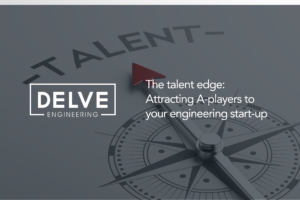
The Talent Edge: Attracting A-Players to Your Engineering Start-up

Dresden’s rise: TSMC semiconductor factory and its impact on job market attractiveness

5 Opportunities beyond research in Life Sciences

Benefits of attending Advanced Engineering trade shows
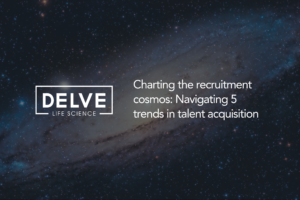
The recruitment cosmos: Navigating 5 trends in talent acquisition

